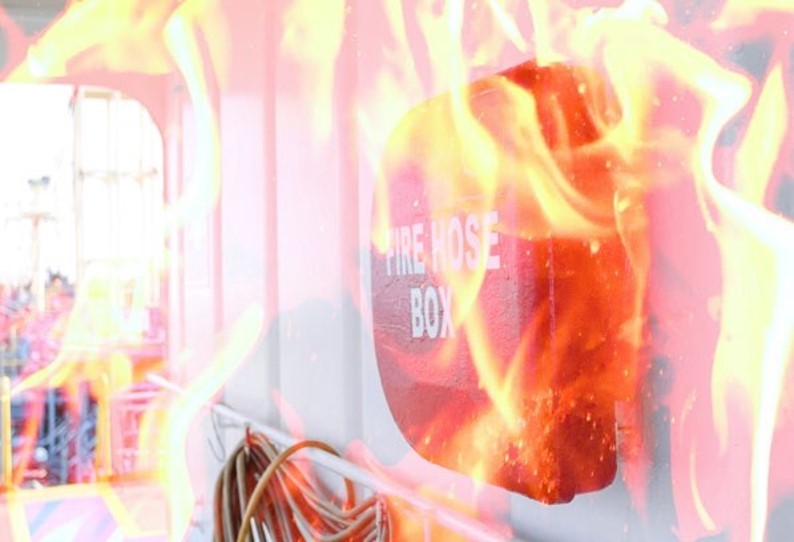
Operating a maritime business is inherently risky. This is so for inland commerce, open ocean navigation, and everything in between. Not only are maritime professionals subject to the whims of Mother Nature, but much of the work itself is dynamic, involving massive vessels, heavy machinery, and hazardous materials. Accordingly, anyone engaged in the maritime industry – from deckhands, machinery operators, and engineers to captains, shoreside support staff, and corporate officers – must be ready to respond to a crisis at a moment’s notice. Because an ounce of preparation is worth a pound of cure, leaders of maritime businesses should expect that crises will occur and train their workforce for the inevitable, a systematic approach is needed to maritime risks. Continue reading “A systematic approach to maritime risks”





 In 2023, the global soya bean market (also known as soybeans and soyabeans) was valued at over USD 200.37 billion, and it is projected to grow to USD $259 billion by 2032.The shipping industry plays a significant role in supporting this global industry, but behind these impressive figures lies a perilously narrow window for safe ocean transport. Despite being loaded in sound condition and carried by well-maintained vessels on unexceptional voyages, soya beans continue to arrive in a deteriorated condition far too often. Claims related to spoilage frequently run into millions of dollars, exposing shipowners, operators, and marine insurers to significant financial risk.
In 2023, the global soya bean market (also known as soybeans and soyabeans) was valued at over USD 200.37 billion, and it is projected to grow to USD $259 billion by 2032.The shipping industry plays a significant role in supporting this global industry, but behind these impressive figures lies a perilously narrow window for safe ocean transport. Despite being loaded in sound condition and carried by well-maintained vessels on unexceptional voyages, soya beans continue to arrive in a deteriorated condition far too often. Claims related to spoilage frequently run into millions of dollars, exposing shipowners, operators, and marine insurers to significant financial risk.  Cyber incidents are the top global risk for 2025 and by a higher margin than ever before – making it the fourth year in a row that cyber is ranked as the number one risk across industries, according to the Allianz Risk Barometer 2025.
Cyber incidents are the top global risk for 2025 and by a higher margin than ever before – making it the fourth year in a row that cyber is ranked as the number one risk across industries, according to the Allianz Risk Barometer 2025.


